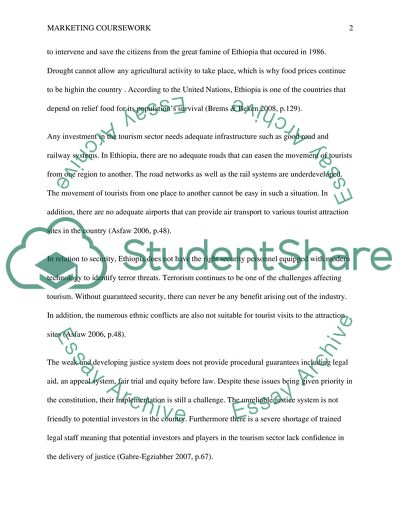Cite this document
(“Marketing coursework Example | Topics and Well Written Essays - 3000 words”, n.d.)
Marketing coursework Example | Topics and Well Written Essays - 3000 words. Retrieved from https://studentshare.org/marketing/1400606-marketing-coursework
Marketing coursework Example | Topics and Well Written Essays - 3000 words. Retrieved from https://studentshare.org/marketing/1400606-marketing-coursework
(Marketing Coursework Example | Topics and Well Written Essays - 3000 Words)
Marketing Coursework Example | Topics and Well Written Essays - 3000 Words. https://studentshare.org/marketing/1400606-marketing-coursework.
Marketing Coursework Example | Topics and Well Written Essays - 3000 Words. https://studentshare.org/marketing/1400606-marketing-coursework.
“Marketing Coursework Example | Topics and Well Written Essays - 3000 Words”, n.d. https://studentshare.org/marketing/1400606-marketing-coursework.


